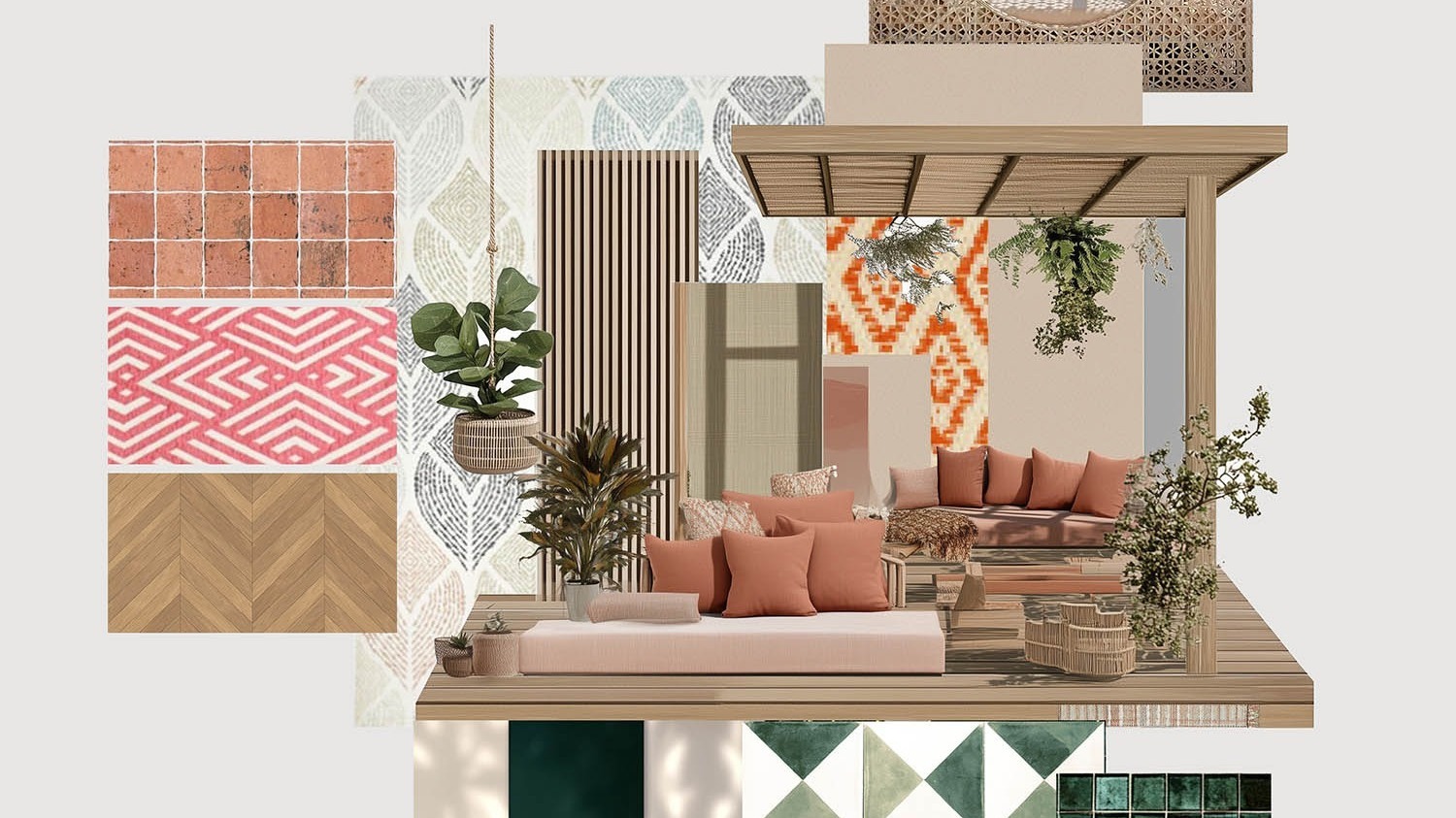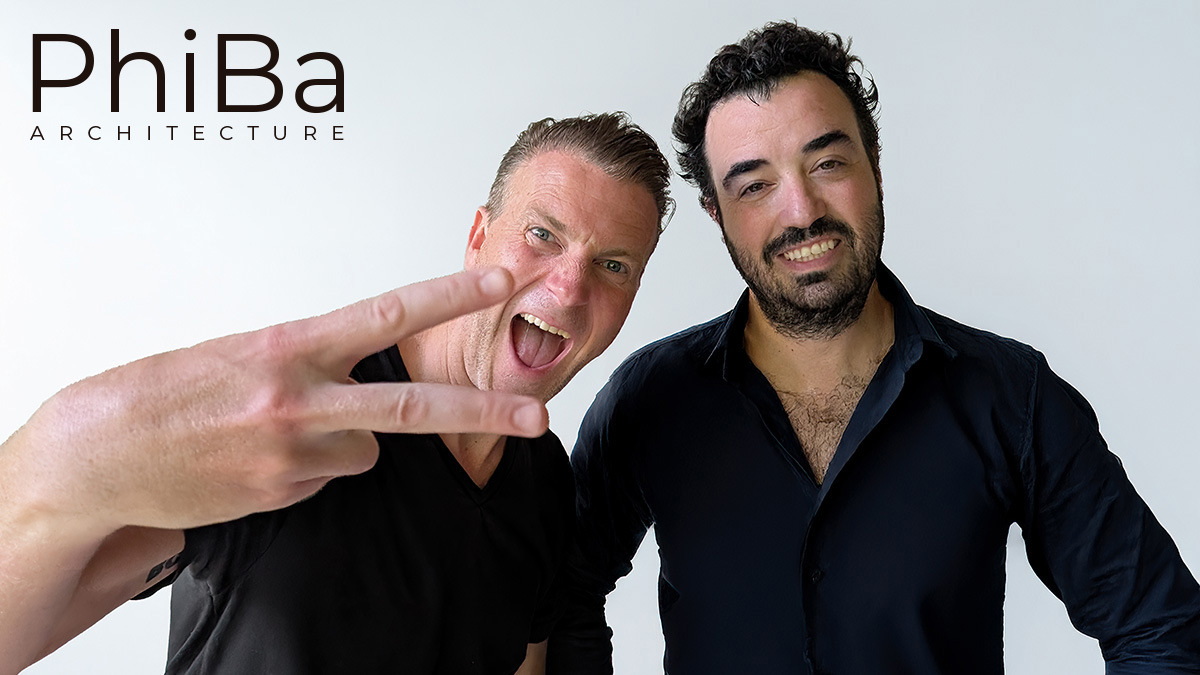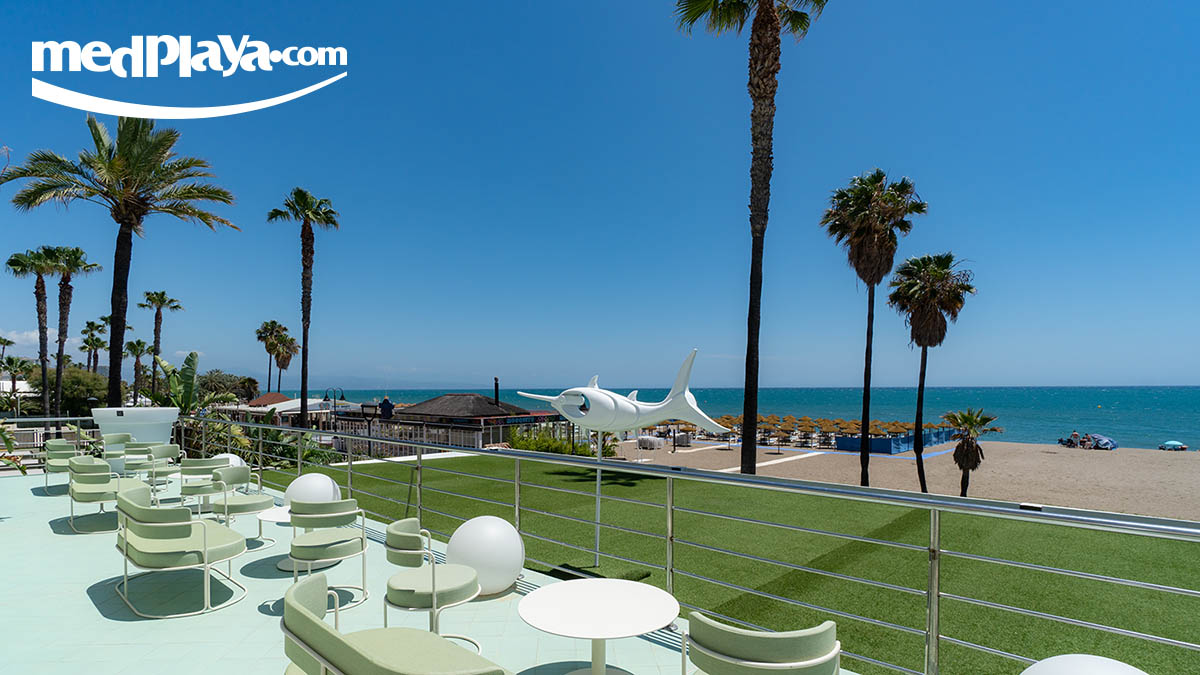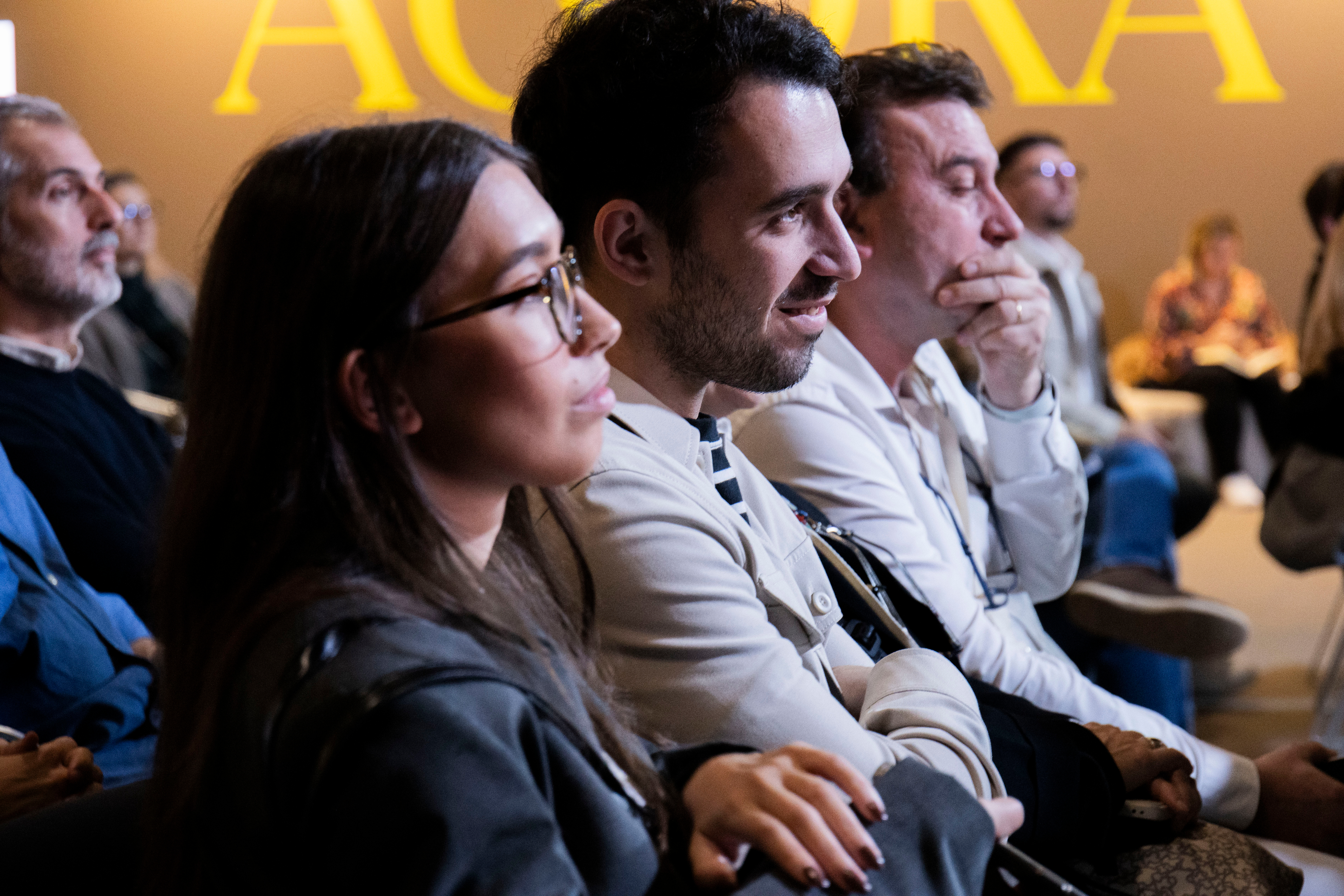Lazy Bar through a Cubist lens
Like an oasis suspended between geometry and culture, this Concept Room redefines the idea of inhabiting collective space. Here, the social ritual of gathering merges with the constructive logic of a modular system centered around an unconventional bar: a discreet yet vital core that serves the environment rather than dominates it. Inspired by the fluidity of treehouses, the project unfolds through platforms that adapt to the context, generating diverse spatial experiences and unexpected ways of interacting.
These platforms—sometimes elevated, other times contained or semi-buried—form an architectural landscape that invites rest, observation, or conversation. They serve as settings for exchange, designed for people from diverse backgrounds to share a moment, a view, or a word. The bar, strategically positioned, supports these spaces from behind, fostering a visual connection to the outside that not only links with the surroundings but also encourages conversation among those who inhabit them.
Its aesthetic draws from the intersection of two languages that, though different in origin, share a common cultural root: the Arab-Andalusian tradition and Picasso’s Cubist abstraction. Both were chosen not only for their symbolic and expressive power but also for their direct connection to the location: Málaga, a city shaped by its Arab heritage in the urban fabric and as the birthplace of the painter who revolutionized modern perceptions of space. This fusion creates an atmosphere where geometry and the Mediterranean spirit intertwine to produce a sensory, open, and social experience.
Materially, the project weaves together ornamental textiles, graphic ceramics, metal screens, and natural vegetation, creating a constant dialogue between the handcrafted and the contemporary, between warmth and structure. This is not a closed object but a living system, capable of transforming with those who inhabit it, where the space is not merely traversed: it is lived and celebrated.
Materials

The material moodboard takes shape in the stepped geometry of the space, where terracotta tones, soft pinks, and deep greens create a warm and timeless atmosphere. The composition draws from a dual influence: on one hand, the structural fragmentation of Picasso’s Cubism, inspiring an open, abstract, and multifaceted spatial organization; on the other, the Mediterranean tradition, present both in the materiality and in the social vocation of the ensemble. Arab-inspired ornamental textiles dress the modular seating, while fiber screens add lightness and visual depth. Hanging vegetation introduces freshness and shade, evoking the idea of an oasis. The use of graphic ceramics on the floor connects tradition with a more contemporary and structured vision, fusing memory and modernity.
Project author

PhiBa Architecture is an international architecture and interior design studio with offices in Philadelphia, Barcelona, Madrid, and Medellín. Founded in 2012, it specializes in hospitality projects, ranging from boutique hotels to large-scale resorts in Europe, the Caribbean, and the United States.
Their approach combines the sensitivity of European design with the energy of the American market and a deep connection to the local context. Although their expertise lies in the hospitality sector, they undertake all kinds of projects, from custom furniture or single-family homes to international resorts. What truly sets them apart is their attitude: they are doers. They don’t stop at a “no.” When others see obstacles, they find solutions. Their goal is clear: to support the client and assist in everything needed to make their vision a reality, even when it seems impossible.
They are currently working on the first all-inclusive JW Marriott in Costa Rica, a 1,500-key resort in Cancún, and a religious complex in Rwanda.
Awards such as “Most Visionary Architecture Team of the Year” and “Think Green” recognize their achievements.
Inspired by

MedPlaya Hotels: constant evolution by the sea
MedPlaya Hotels was founded in 1967, during the boom of Mediterranean tourism in Spain, with the opening of its first hotels in Benidorm. Since then, the chain has grown to become a benchmark in coastal destinations such as the Costa del Sol, Costa Blanca, Costa Daurada, Costa del Maresme, and Costa Brava, always focusing on warm hospitality and excellent value for money..
With over six decades of experience, MedPlaya maintains a clear innovative vocation. From the constant renovation of its facilities to the optimization of processes and services, the hotel chain drives transformative projects through the design of functional and contemporary spaces. Its commitment to sustainability, technological development, and continuous improvement positions MedPlaya as a constantly evolving brand, true to its mission: to offer the best possible vacation to every guest.






















